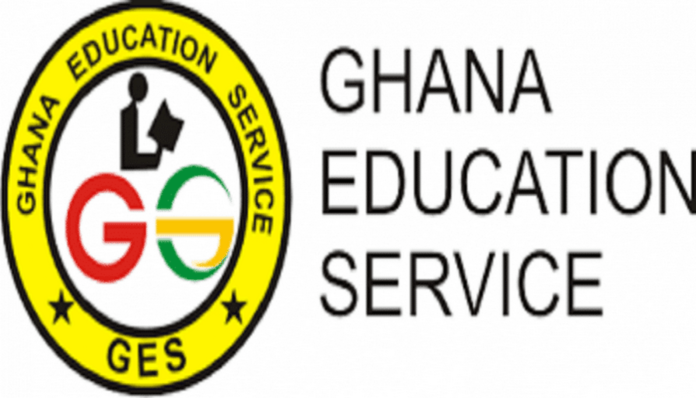The Municipal Directorate of the Ghana Education Service (GES) has granted the release of about 100 basic school teachers in the Bawku Municipality in the Upper East Region due to the volatile security situation in the area.
Some 2,247 pupils are also not in school for fear of their lives, the Municipal Director of GES, Azeriya Ayeriga, has disclosed.
Bawku has been the hotbed of decades-old ethnic conflict between the Mamprusis and Kusasis and has claimed several lives over the period.
The fight was ignited during Christmas, leading to the death of three people including a police female constable.
“I must admit that teachers continue to besiege the offices of the GES to demand to be re-posted to schools they feel safe and secure in,” Mr Ayeriga said.
He said, “There is no way they can be prevented since they require a safer and conducive working environment to work.”
Mr Ayeriga told the Daily Graphic Tuesday that “some teachers perceived to belong to any of the factions cannot go to certain schools for fear of being attacked.
“For now, not less than 100 teachers have been released to other districts to teach which has created a huge teacher deficit in the municipality with its negative consequences on teaching and learning,” he said.
Teacher deficit
Mr Ayeriga stated that some 240 vacancies in public basic schools declared in the municipality as of December 31 last year were yet to be filled and now “many more teachers are leaving due to the Bawku chieftaincy crisis”.
He explained that “putting the two figures together, I can say that the municipality is currently having a teacher deficit of about 340 vacancies”.
“Although 30 newly trained teachers posted to the municipality have already reported, I know a good number of them will not come back due to the insecurity situation in the area,” he added.
He noted that due to the ban on the use of motorbikes, which is the commonest means of transport in the area, many teachers were not regular and punctual in school.
He said, “Teachers who decide to go to school with the passenger tricycle, popularly referred to as Mahama Camboo, spend an average of GH¢30 a day, which is too much for the teachers to bear”.
Pupils not in school
Mr Ayeriga said about two weeks ago, a headcount in public basic schools revealed that 2,247 pupils had not been in school since the Bawku conflict resurfaced.
“Unfortunately, we do not know if such pupils have moved to other schools or are at home due to the insecurity in the area,” he said.
He stated, however, that the directorate was doing everything possible to improve the performance of students in the municipality in the Basic Education Certificate Examination (BECE).
The municipality recorded 19 per cent pass mark in the 2018 BECE, which improved to 31 per cent and 36 per cent in 2019 and 2020, respectively.
Mr Ayeriga appealed to stakeholders and feuding factions to make peace and resolve their differences, saying: “I wish to urge them to give peace a chance in the interest of the current and future generations”.
“The school pupils need books and pens, not bullets and guns; they need teachers in schools, not soldiers and police on the streets,” he added.
Independence parade
Addressing the 65th Independence Day parade in Navrongo last Sunday, the Upper East Regional Director of the GES, Mr Edward Azure, said the recent happenings in Bawku, Kandiga and Doba were disheartening.
He said schools in these places had started recording low turnout of both pupils and teachers. “How can effective teaching and learning go on when both teachers and pupils are traumatised?” he asked.

